The End of the World: A Reflection on Revelation, Part 2
Scripture Reading:
...and there came hail and fire … hurled to the earth; and a third of the earth was burned up and a third of the trees were burned up, and all the green grass was burned up … and something like a great mountain, burning with fire was thrown into the sea ... and a third of the living creatures in the sea died, and a third of the ships were destroyed.”
Vesuvius’ eruption was felt for hundreds of miles in all directions. Most were certain the end of the world was at hand. Very likely, John alludes to this event in his vision so vividly portrayed in Revelation.
Like many others in that day, he would have seen the ash, experienced the darkness, felt the temporary climate change, and wondered what it meant.
The “end of the world” today
In our own day, worrying about the “end of the world” continues to be of focus. It has been a popular topic of preaching in some circles over the last century and a half Sadly, this kind of preaching too often is manipulative, fear-based, ill-informed, and misleading.[1]
Today, consider your call to compassion and the imperative to be thankful in all circumstances. Remember that concern for and interest in the “end times” impedes our calling to God’s mission of compassion in the present.
Also remember: Jesus said not to worry about when or how the end would come: “It is not for you to know the time or the season ... (Acts 1:7); recall, too, that the Torah forbids any foretelling of the future: “If any turn to mediums and wizards (to tell the future and/or communicate with the dead) ... I will cut them off from the people (Leviticus 20:6).
For good reason, the people of that part of the world were certain that the world was coming to an end. Before long, though, once the smoke had cleared, they found that life went right on as normal.
Be careful not to be pulled in to distracting, unhelpful, and unbiblical “prophecies.” Consider more constructive, biblical ways to spend your time.
Contemplative Thought
“Stand at the bottom of the great marketplace of Pompeii and look up at the silent streets … the broken houses with their inmost sanctuaries open to the day, away to Mount Vesuvius, brighter and snowy in the peaceful distance; and lose all count of time, and heed of other things, in the strange and melancholy sensation of seeing the Destroyed and the Destroyer.”
— Charles Dickens, Pictures from Italy
Footnotes:
[1] An excellent resource on the phenomenon of Revelation’s popularity stemming from the likes of Darby and Schofield is Revelation for Today, by James Efird, a professor at Duke Divinity School.
David Jordan is the Senior Pastor at First Baptist Church of Decatur. He contributes regularly to our devotions and blogs. Dr. Jordan is also a regular contributor for Baptist News Global.

